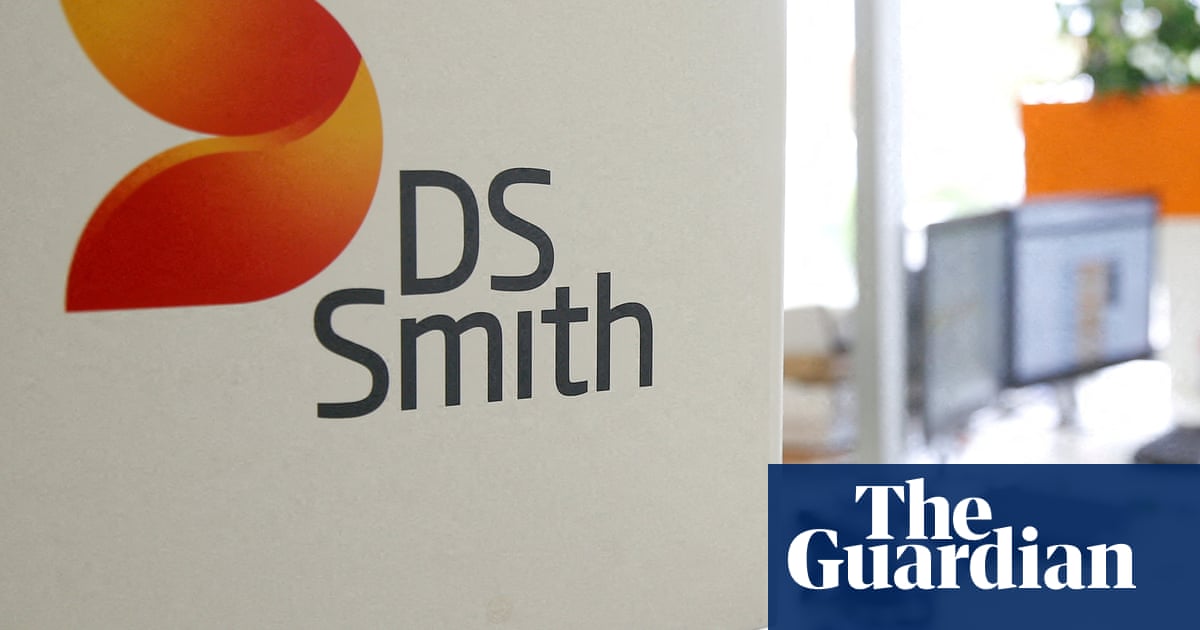
The government is coming under growing criticism for taking a “weak” stance on overseas takeovers of UK businesses, amid the sale of two London-listed defence contractors to US-backed buyers worth almost £9bn.
Labour and the former City minister Paul Myners said serious questions were being raised by the sale of Ultra Electronics, a defence firm that supported coalition forces in Afghanistan, and Meggitt, a Coventry-based supplier of wheels and brakes for fighter jets used by the Royal Air Force.
The board of Ultra said on Monday that it had agreed a £2.6bn takeover with US-owned rival Cobham Group at £35 a share, more than 40% higher than the company’s all-time record share price.
Dorset-based Cobham, owned by the US private equity firm Advent since a £4bn deal in 2020, said the combined company would play a “mission critical” role in defence and security for the “five eyes” network of intelligence allies – the UK, US, Australia, Canada and New Zealand.
It has offered binding commitments to the UK government in an attempt to secure its blessing for the deal, including protection of sovereign defence capabilities, funding of the company’s pension scheme and investment in the UK.
But Cobham also acknowledged it could sell Ultra’s forensics and energy businesses, while “limited numbers” of jobs, mostly linked to the firm’s stock market listing, may be lost.
It comes as fellow British defence firm Meggitt, which produced parts used in Spitfire and Hurricane fighter aircraft in the second world war, appears on the verge of a £6.3bn sale,at apremium of 71% to its pre-bid price.
The US buyer Parker-Hannifin has agreed the deal in principle for the Midlands firm, although a rival American suitor, TransDigm, has until 14 September to submit a higher offer.
The government has said it will “closely monitor” the Ultra deal but Labour’s shadow business minister, Chi Onwurah, said ministers “should be doing far more than making weak and vague noises to protect [companies such as Ultra].”
“Serious questions remain about potential threats to national security, the business model of the new owners, and future governance and operational freedoms,” she said.
“The Conservatives have repeatedly failed to protect British businesses from takeovers that might compromise our national security and economic interests. Labour would introduce a robust takeover regime to support and grow our world class industries.”
Lord Myners, the crossbench peer who served as City minister under Gordon Brown, said the government had been caught like a “rabbit in the headlights” by the takeover bids, and that deep-pocketed US buyers were treating the British business world like a hunting ground.
He said promises made during takeovers were often broken. “These things are not enforceable, they mean nothing and they’re normally time-limited,” Myners said. “I’m afraid we can’t lay any great weight on the consequences on assurances being given.”
Ultra Electronics and Meggitt are integral to the operations of the British armed forces, specialising in hi-tech systems that offer an advantage in the air, on land and at sea, via the detection of emerging threats.
This has included systems to help detect improvised explosive devices and intercept communications in Afghanistan, where a 20-year intervention by the UK, US, and other western powers is crumbling as the Taliban regain control.
The UK government can block takeovers on several grounds, including any risk to national security, and has previously said it was monitoring the prospective deal closely.
However, Cobham has offered commitments that it hopes will ensure government assent. These include “safeguarding and supporting the UK’s national security, including appropriate protections for sovereign UK capability, continuity of supply and critical capabilities in the UK, and appropriate board composition and national security clearance arrangements”, it said.
Promises have also been made to protect UK manufacturing jobs, invest in research, and fund Cobham’s pension scheme. These pledges would be monitored via “forum” with government officials.
The takeover extends a buying spree in which deep-pocketed US private equity firms have bought or approached a series of British companies, including the supermarkets Asda and Morrisons, the roadside assistance company the AA, the infrastructure firm John Laing and the insurer LV=, among others.
A government spokesman said: “National security is of paramount importance to this government, which is why we are introducing a robust new investment screening regime that will strengthen our powers to stop hostile actors in their tracks while ensuring the UK remains an attractive place to do business.”












